On this page, you will find a comprehensive list of vocabulary related to classical cuisine. The resources provided include games, flashcards, and other tools to help you learn and reinforce these terms. Explore the links to enhance your knowledge of classical culinary terminology.
Classical cuisine refers to the traditional cooking methods and dishes of a particular region or culture that have been passed down through generations. This style of cooking emphasizes using fresh, high-quality ingredients and simple techniques to create flavorful and visually appealing dishes. Classic dishes often feature rich sauces, complex flavors, and intricate presentation, making them a favorite among food enthusiasts and culinary connoisseurs alike. Whether you’re looking to explore the culinary history of a specific culture or simply enjoy a delicious meal, classical cuisine offers a unique and satisfying dining experience.
Practice & Reinforce Your Learning
Classical Cuisine Vocabulary List
Ingredients
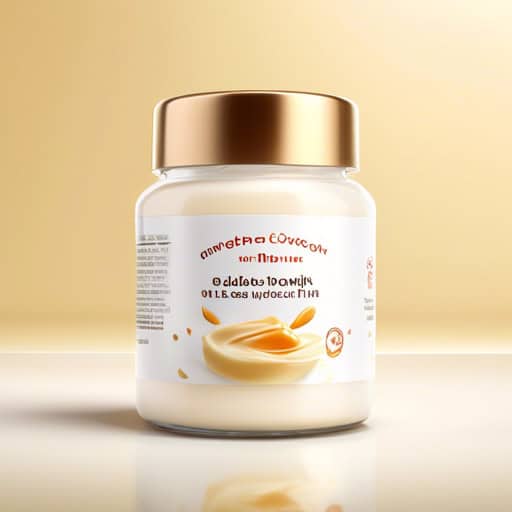
- The chef drizzled a generous amount of cream over the freshly baked pie to add a touch of richness and decadence.
- The creamy texture of the homemade ice cream was a result of using high-quality cream from the local dairy farm.
- For a luxurious touch, the soup was finished with a swirl of heavy cream and a sprinkle of fresh herbs.
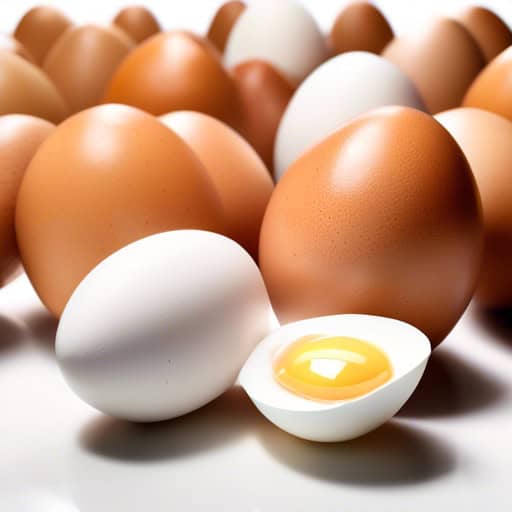
- I love starting my day with a hearty breakfast of scrambled eggs and toast.
- She made a delicious quiche with spinach, cheese, and eggs for brunch.
- The chef whipped up a light and fluffy soufflé using just eggs, sugar, and vanilla extract.
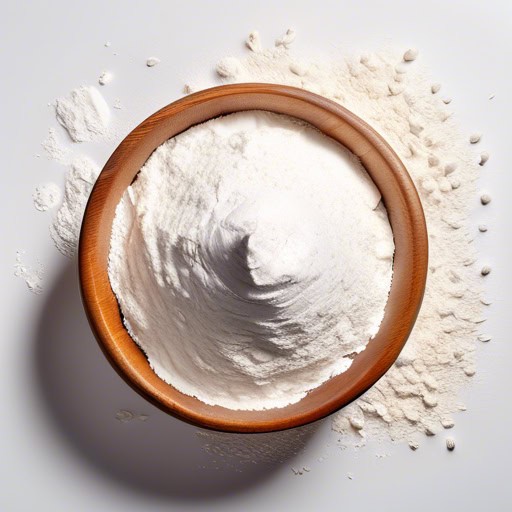
- I used flour to make a roux for the soup.
- The recipe called for two cups of flour for the bread dough.
- Be sure to sift the flour before adding it to the batter.
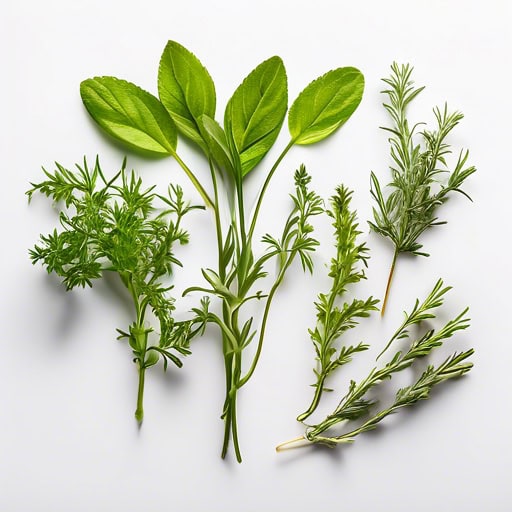
- She picked fresh herbs from her garden to add a burst of flavor to the homemade pasta sauce.
- The herbal tea blend contained a mix of calming herbs like chamomile and lavender.
- The chef's secret to a delicious roasted chicken was a generous sprinkle of fragrant herbs like rosemary and thyme.
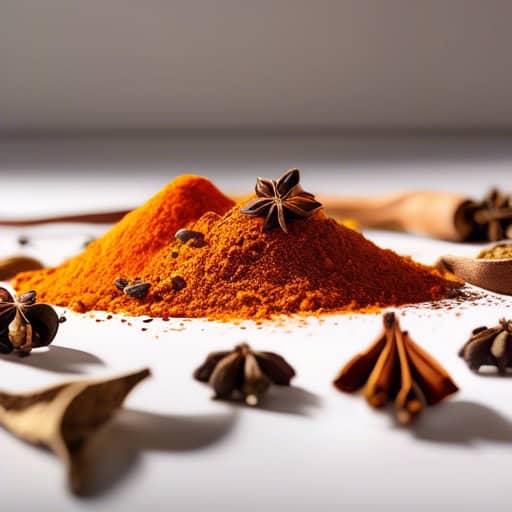
- The chef added a variety of spices to the curry to enhance its flavor.
- I love the aroma of freshly ground spices filling the kitchen.
- The secret to a delicious homemade chili is using a blend of different spices.
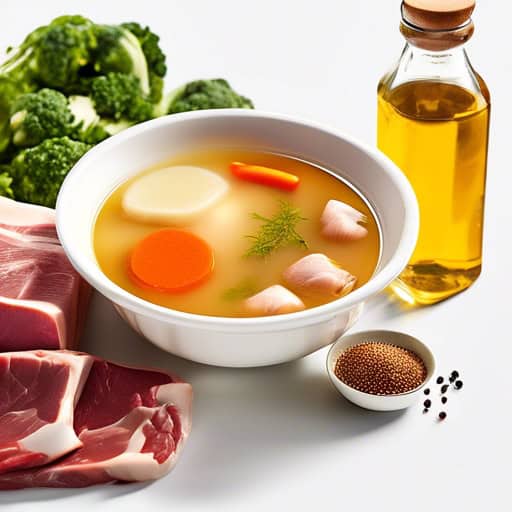
- The chef spent hours preparing the rich and savory stock for the soup.
- The stock simmered on the stove, filling the kitchen with a delicious aroma.
- The homemade stock added depth and complexity to the dish, enhancing its overall flavor.

- I enjoy sipping on a glass of red wine while cooking a delicious meal.
- She ordered a bottle of white wine to pair with her seafood dish.
- The chef used a splash of wine to enhance the flavors of the pasta sauce.
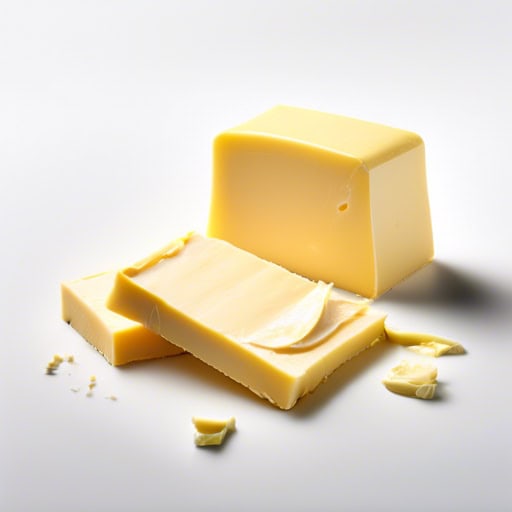
- I spread butter on my toast every morning for breakfast.
- The recipe called for a stick of butter to be melted in the skillet.
- Freshly baked dinner rolls taste delicious when slathered with butter.
Techniques
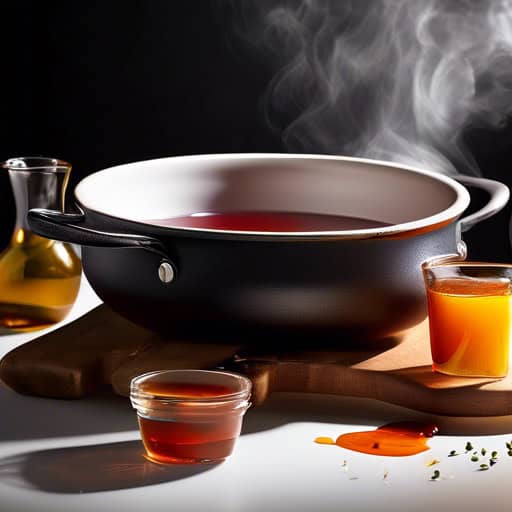
- After searing the steak, the chef deglazed the pan with red wine to create a flavorful sauce.
- Make sure to deglaze the pan after cooking the vegetables to enhance the dish's overall flavor.
- To add depth to the gravy, deglaze the roasting pan with a splash of chicken broth.
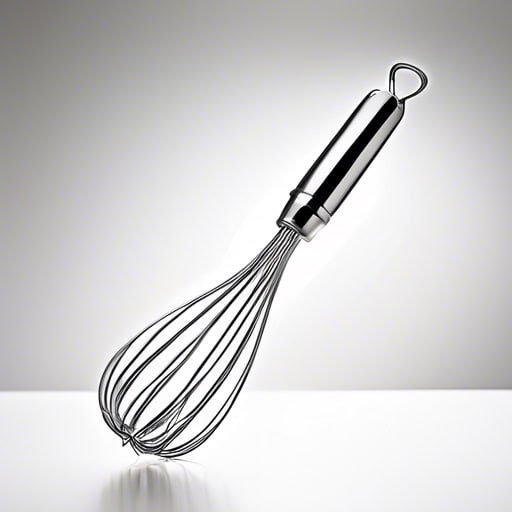
- She used a whisk to quickly mix the eggs and cream for the custard.
- To make the meringue, you'll need to whisk the egg whites until they form stiff peaks.
- After adding the flour, be sure to whisk the batter until it's smooth and free of lumps.
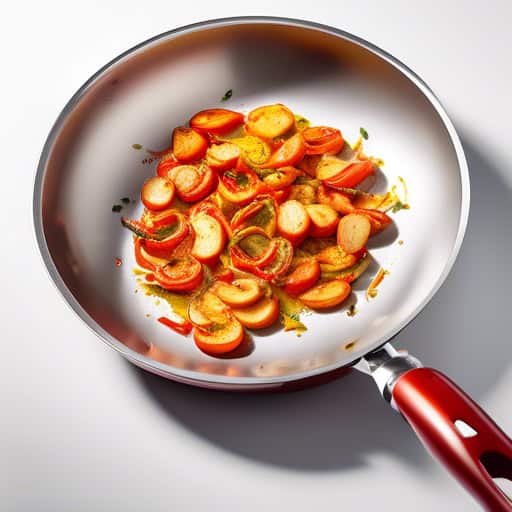
- The chef expertly sautéed the vegetables in olive oil until they were perfectly tender.
- I like to sauté garlic and onions together to add flavor to my pasta dishes.
- The key to a delicious stir-fry is to sauté the meat and vegetables separately before combining them in the pan.
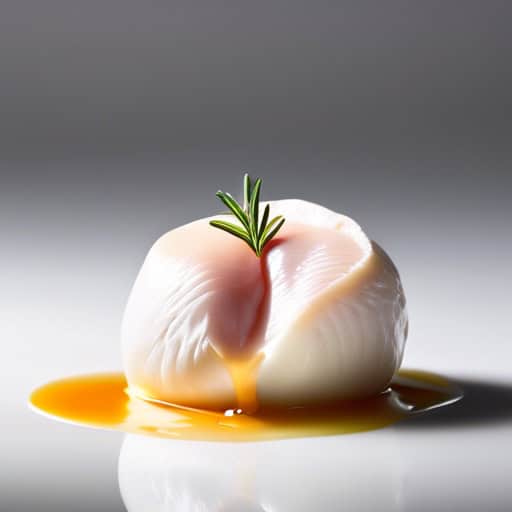
- The chef decided to poach the eggs in simmering water for a perfectly runny yolk.
- She learned how to poach chicken breasts in broth for a healthier alternative to frying.
- I like to poach salmon in white wine and herbs for a light and flavorful dish.
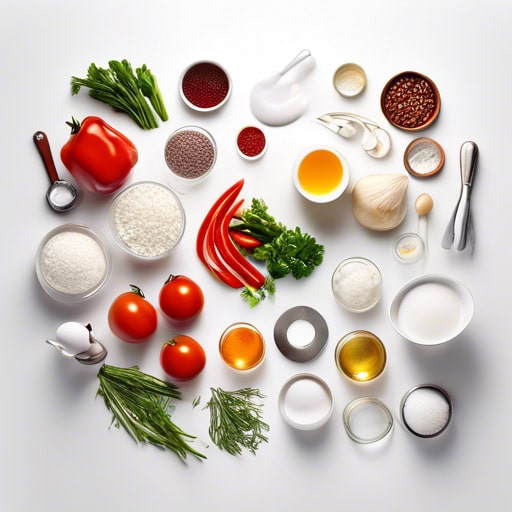
- I always make sure to do my mise en place before starting to cook to ensure a smooth and efficient cooking process.
- The chef emphasized the importance of mise en place in the culinary class, stressing that it is a crucial step in creating a successful dish.
- Before the dinner rush, the line cooks diligently worked on their mise en place to ensure they were prepared for the busy evening ahead.
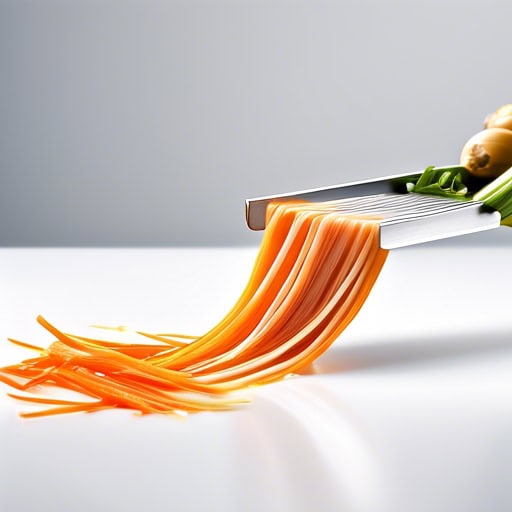
- I like to julienne carrots for my stir-fry to add a nice crunch and texture.
- The chef expertly julienne the bell peppers for the salad, creating a beautiful presentation.
- When making a coleslaw, it's important to julienne the cabbage thinly for the best results.
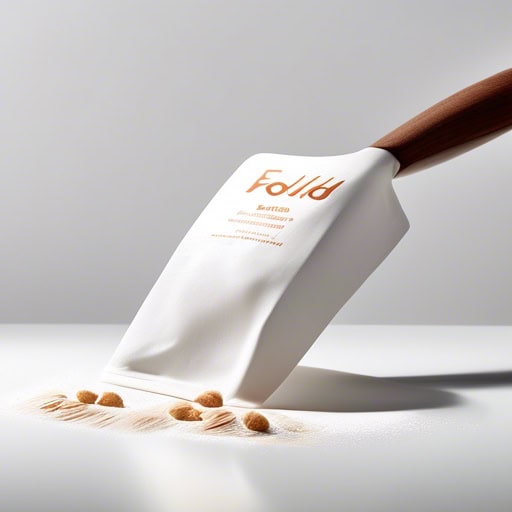
- She carefully folded the whipped cream into the chocolate mixture to create a light and fluffy mousse.
- After sifting the dry ingredients together, she gently folded them into the wet ingredients to make the perfect cake batter.
- The key to a successful souffle is to fold in the beaten egg whites with a gentle hand to maintain their volume.
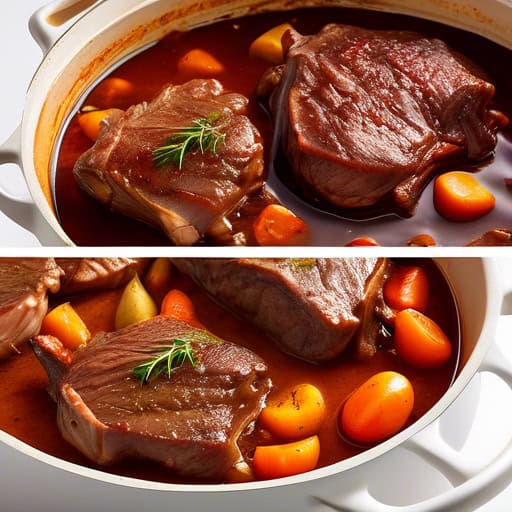
- The chef decided to braise the beef short ribs in red wine and beef broth for a rich and tender flavor.
- She carefully monitored the braise on the stove, ensuring that the liquid didn't evaporate too quickly.
- After several hours of braising, the pork shoulder became so tender that it practically fell apart with a fork.
Sauces
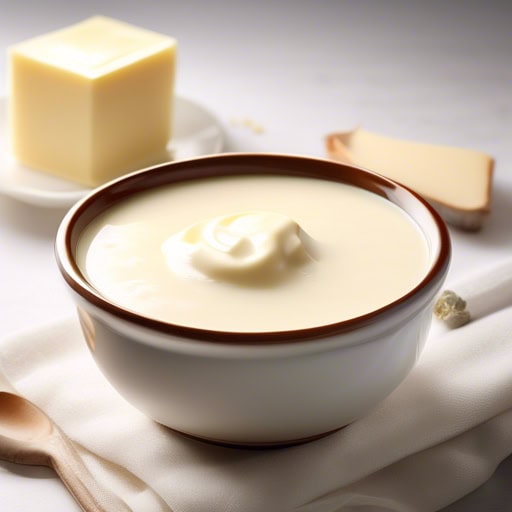
- The velouté sauce was smooth and creamy, adding a rich flavor to the dish.
- The chef made a delicious velouté using a homemade chicken stock and fresh herbs.
- The velouté was the perfect accompaniment to the delicate poached fish.
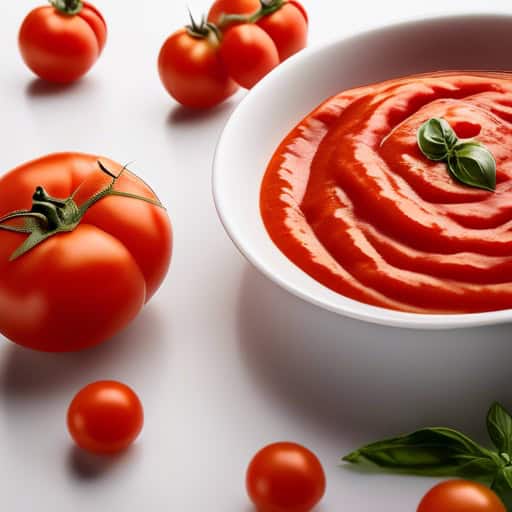
- I love to make homemade pizza with a generous amount of tomato sauce spread over the dough.
- My favorite pasta dish is spaghetti with meatballs smothered in tomato sauce.
- The secret ingredient in my famous lasagna recipe is a rich tomato sauce made from scratch.
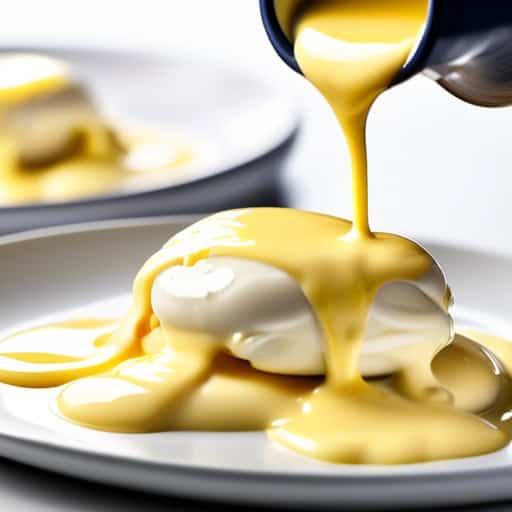
- The eggs Benedict was drizzled with a generous portion of hollandaise sauce.
- I always look forward to indulging in the velvety smooth hollandaise on my eggs.
- The chef's secret hollandaise recipe added a special touch to the dish.
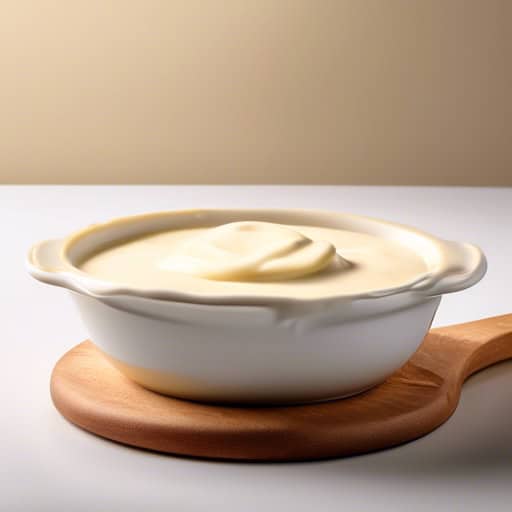
- I made a delicious lasagna with layers of pasta, meat, and béchamel sauce.
- The chef at the French restaurant prepared a rich béchamel to accompany the roasted chicken.
- The béchamel sauce was the perfect addition to the macaroni and cheese, creating a creamy and comforting dish.
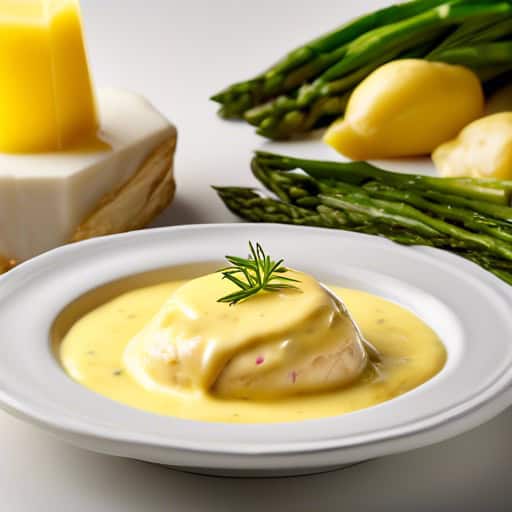
- I ordered my steak with a side of Béarnaise sauce for an extra indulgent touch.
- The chef's secret recipe for Béarnaise sauce had just the right balance of flavors.
- The eggs Benedict at that brunch spot were served with a delicious Béarnaise sauce drizzled on top.
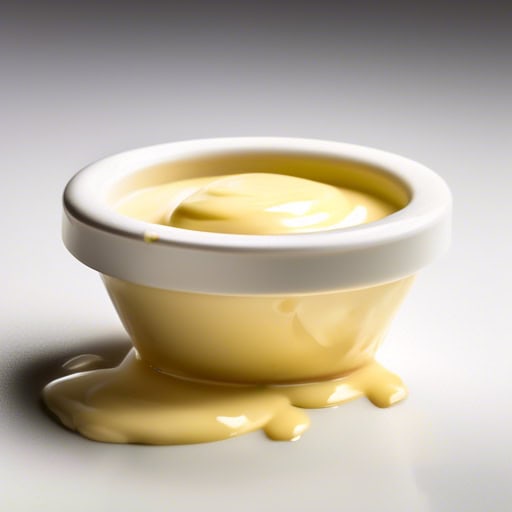
- I love dipping my fries in aioli for a flavorful twist.
- The aioli spread on the sandwich added a delicious kick.
- The aioli served with the seafood platter was the perfect accompaniment.
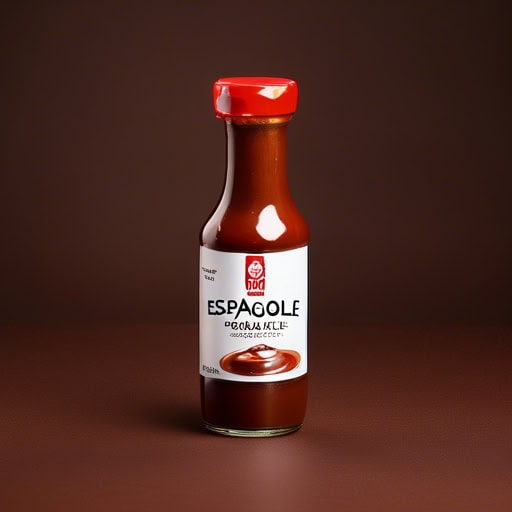
- The chef prepared a delicious beef dish smothered in a savory Espagnole sauce.
- The secret to a flavorful stew is simmering it slowly with a generous amount of Espagnole.
- The culinary school teaches students how to make a perfect batch of Espagnole for their French cuisine dishes.
Garnishes
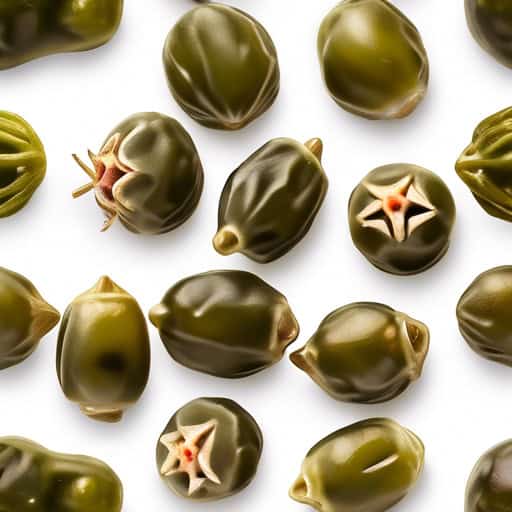
- The chef added a handful of capers to the pasta dish for an extra burst of flavor.
- I love the tangy kick that capers give to my salads.
- The chicken piccata was topped with a generous serving of capers for a delicious finishing touch.
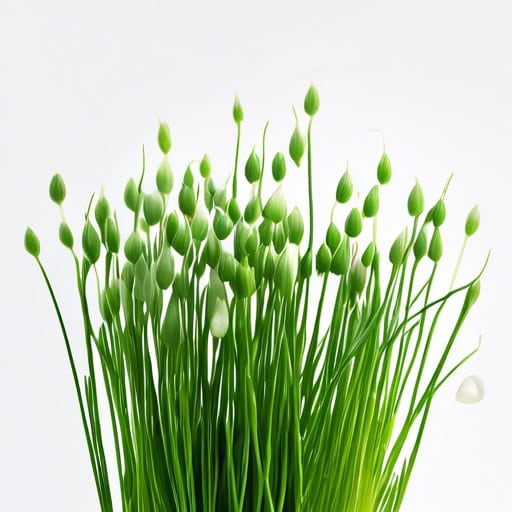
- Chopped chives sprinkled on top of a creamy potato soup add a burst of freshness and color.
- The chef carefully snipped a handful of chives from the garden to use as a garnish on the main dish.
- I love the subtle hint of onion that chives bring to my salad dressing.
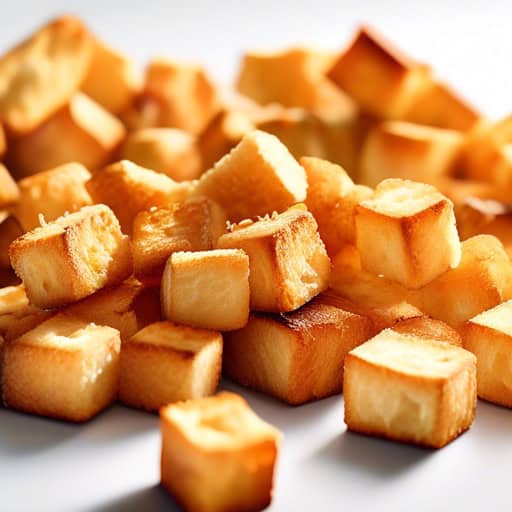
- I love adding crunchy croutons to my salads for extra texture and flavor.
- The soup was delicious, especially with a sprinkle of garlic-infused croutons on top.
- I always make sure to have a bag of croutons in my pantry for quick and easy salads and soups.
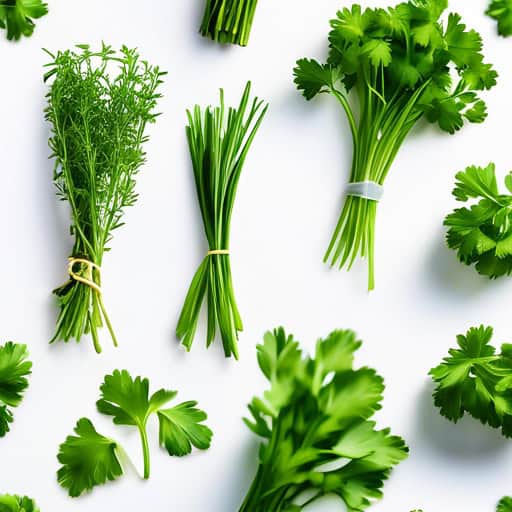
- I love to experiment with different herbs in my cooking to enhance the flavors of my dishes.
- Fresh herbs like basil, parsley, and cilantro can bring a burst of freshness to any recipe.
- Growing herbs in my garden allows me to have a constant supply of flavorful ingredients for my meals.
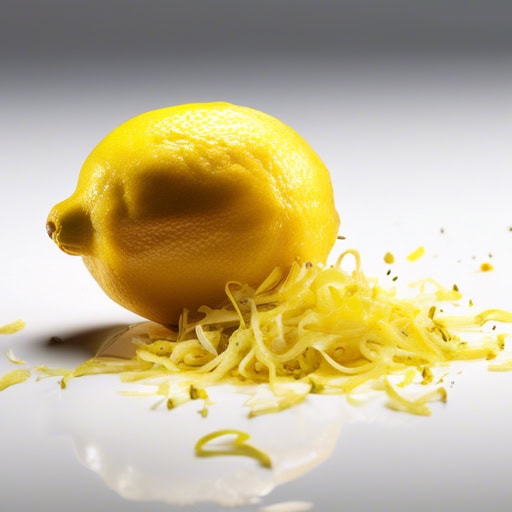
- The recipe calls for a sprinkle of lemon zest to enhance the flavor of the dish.
- I love the fresh aroma of lemon zest when I grate it over my favorite dessert.
- Adding a bit of lemon zest to a cocktail can give it a refreshing twist.
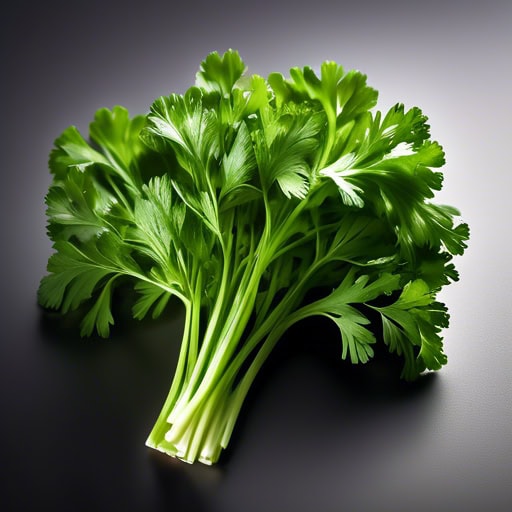
- I sprinkled chopped parsley over the roasted vegetables for a pop of freshness and color.
- The chef finely minced parsley to sprinkle over the pasta dish before serving.
- A handful of parsley leaves can also be blended into a pesto sauce for an extra burst of flavor.
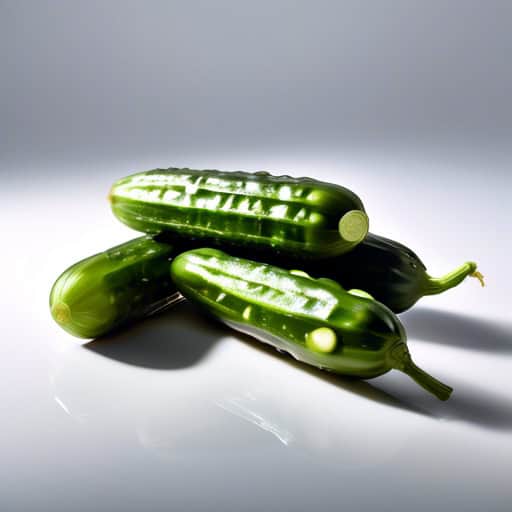
- I love adding pickles to my sandwiches for an extra crunch and tangy flavor.
- My grandma makes the best homemade pickles using her secret recipe.
- Some people find the taste of pickles too strong, but I can't get enough of them!
Cooking methods
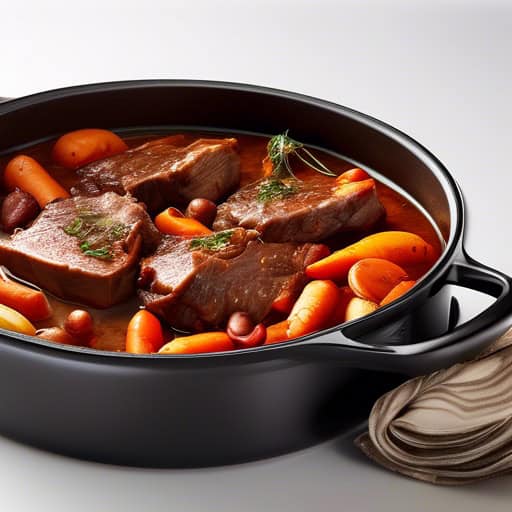
- The chef decided to braise the short ribs until they were tender and flavorful.
- After braising the vegetables in wine and broth, they were perfectly cooked and seasoned.
- She learned how to braise chicken in culinary school and now it's her favorite dish to make.
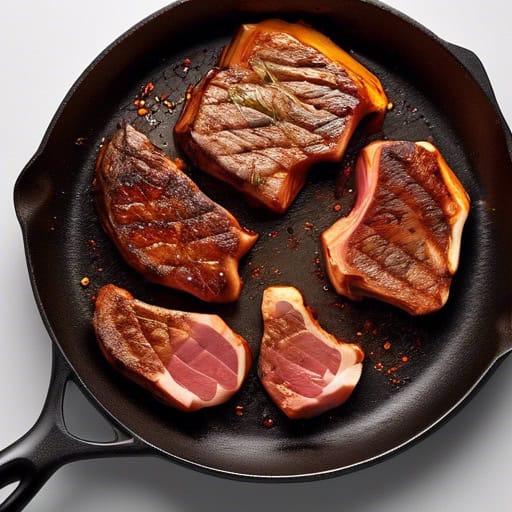
- The chef seared the steak to lock in the flavor.
- After searing the chicken, she finished it off in the oven.
- Make sure to sear the pork chops on both sides for a perfect crust.
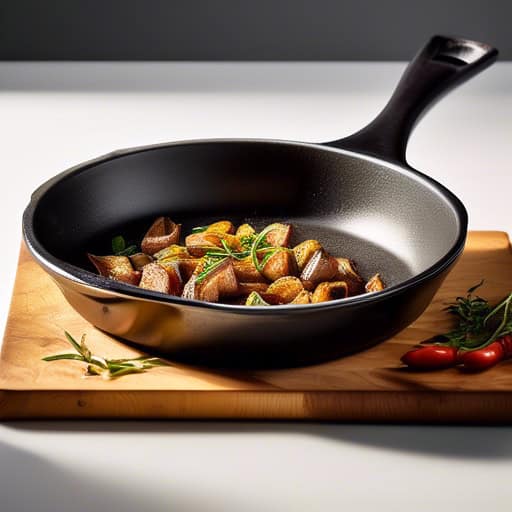
- I love to saute vegetables in olive oil for a healthy and quick side dish.
- The chef demonstrated how to saute chicken in a hot skillet until golden brown.
- To add extra flavor, you can saute garlic and onions together before adding them to your dish.
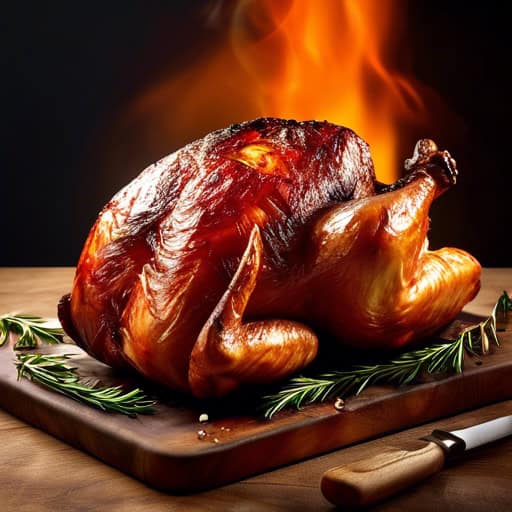
- I love the smell of a roast chicken cooking in the oven.
- My mom always makes a delicious roast beef for Sunday dinner.
- We are planning to roast marshmallows over the campfire tonight.
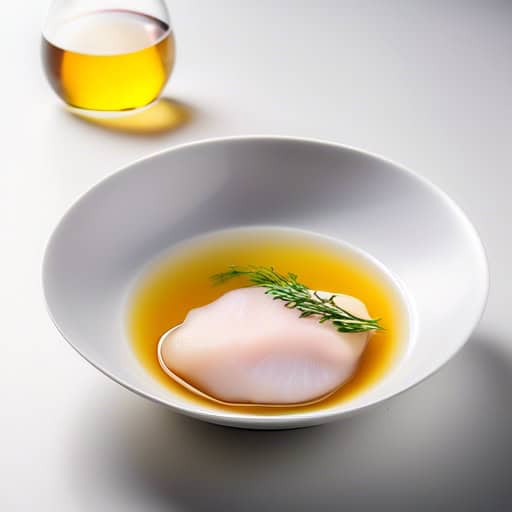
- The chef poached the salmon fillets in a flavorful broth until they were perfectly cooked.
- She decided to poach the eggs for breakfast, as they are her favorite way to enjoy them.
- To make a delicious and tender chicken dish, it is best to poach the meat in a savory broth.

- We are going to fire up the grill this weekend and cook some delicious burgers.
- I love the smell of barbecue grilling in the backyard on a warm summer evening.
- The chef expertly grilled the steak to perfection, leaving it juicy and flavorful.

- The chef blanched the asparagus before grilling it for a better texture.
- To preserve the vibrant color of the peas, they were blanched before freezing.
- Blanching the almonds made it easier to remove the skins for the recipe.
Presentation
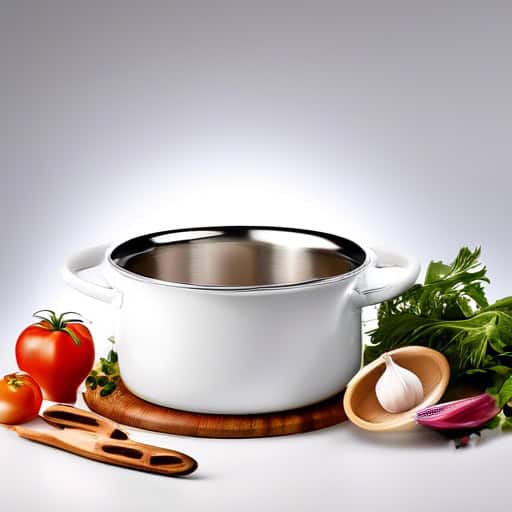
- The culinary school offers a wide range of courses in various cuisines.
- Her culinary skills were evident in the exquisite flavors of the dish she prepared.
- The restaurant has gained a reputation for its innovative culinary creations.
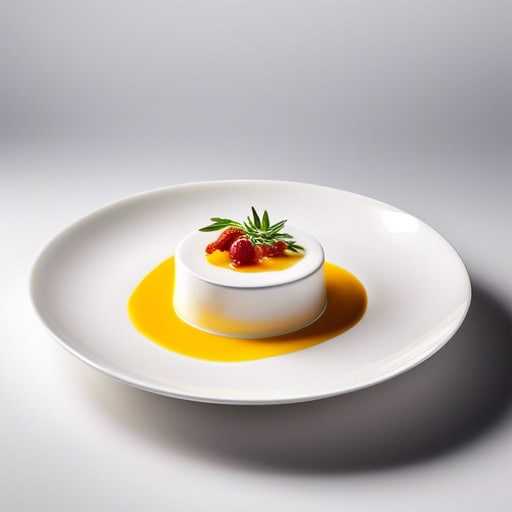
- The chef's elegant plating transformed a simple meal into a gourmet dining experience.
- The elegant presentation of the dessert was almost too beautiful to eat.
- The elegant arrangement of the appetizers on the platter impressed all the guests at the dinner party.
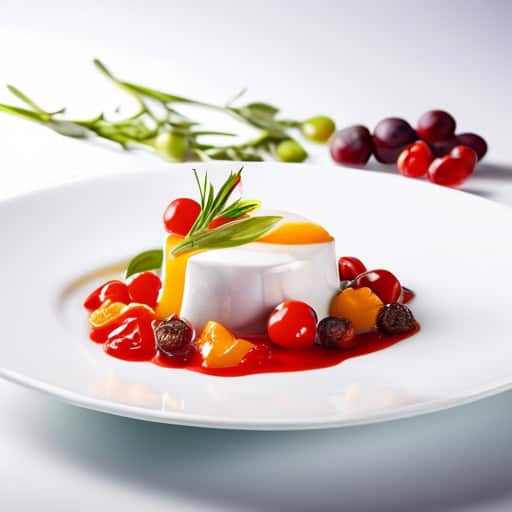
- The gastronomy class at the culinary school taught students how to create visually appealing dishes.
- The restaurant's reputation for excellent gastronomy attracted food critics from around the world.
- The chef's passion for gastronomy was evident in the intricate plating and attention to detail in every dish.
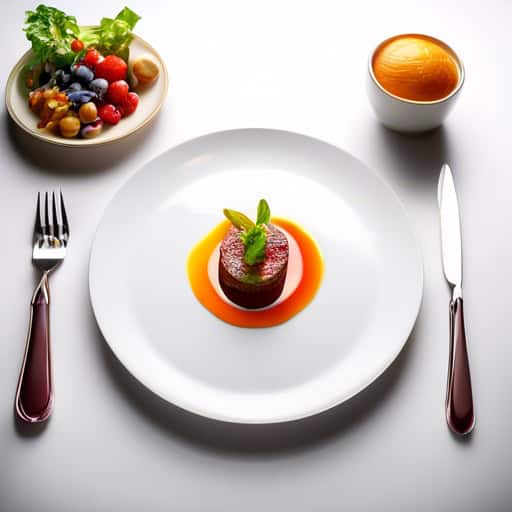
- The chef spent hours perfecting the presentation of the dish, carefully arranging each element with precision.
- The judges were impressed not only by the taste of the dish but also by its artistic presentation.
- The chef's culinary skills shone through in the beautiful presentation of the meal, showcasing both creativity and attention to detail.
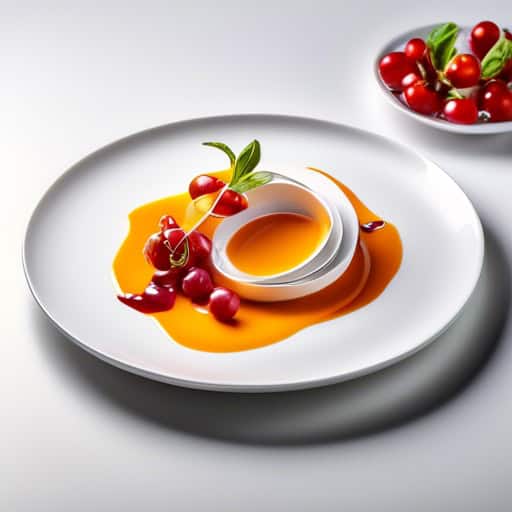
- The chef's refined palate allowed him to create exquisite dishes that delighted his discerning clientele.
- The restaurant's refined ambiance and impeccable service made it a popular choice for special occasions.
- The pastry chef's refined techniques resulted in delicate pastries that were a feast for both the eyes and the taste buds.
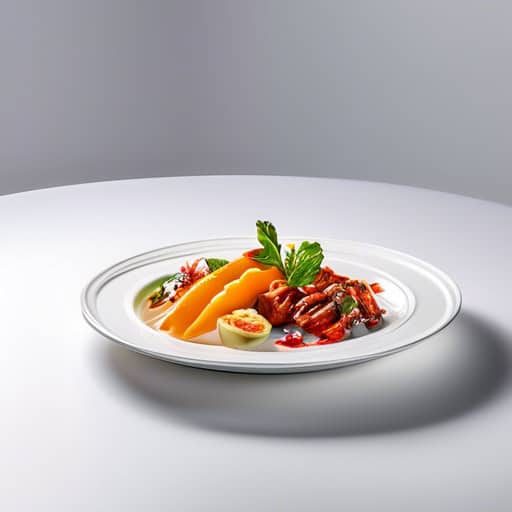
- The sophisticated design of the luxury car featured sleek lines and a high-tech dashboard.
- Her sophisticated taste in art led her to collect rare paintings and sculptures from around the world.
- The sophisticated software program utilized advanced algorithms to analyze complex data sets and generate accurate predictions.
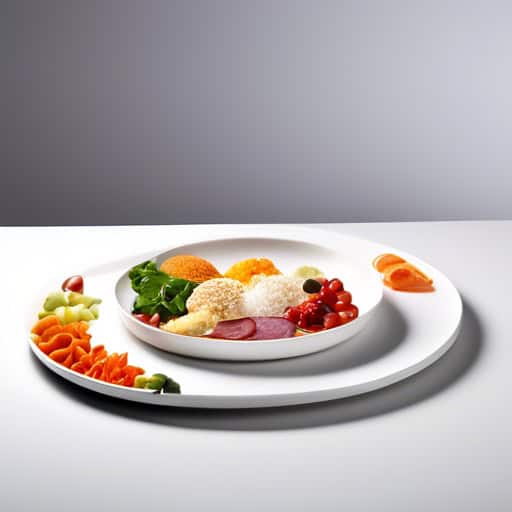
- The chef prepared a traditional French onion soup for the presentation.
- The restaurant's menu focuses on traditional Italian recipes.
- The plating of the main course was done in a traditional manner, with the protein placed at the center of the plate.
Quick Facts
- Classical cuisine refers to the traditional cooking styles and techniques that originated in European countries such as France, Italy, and Spain.
- One of the key characteristics of classical cuisine is the emphasis on using high-quality, fresh ingredients to create rich and flavorful dishes.
- Classical cuisine often involves complex and time-consuming preparation methods, such as braising, roasting, and sautéing, to enhance the natural flavors of the ingredients.
- Many famous dishes, such as Coq au Vin, Beef Wellington, and Paella, are considered staples of classical cuisine and have been passed down through generations.
- Chefs who specialize in classical cuisine often undergo extensive training and apprenticeships to master the techniques and skills required to create authentic and delicious dishes.
